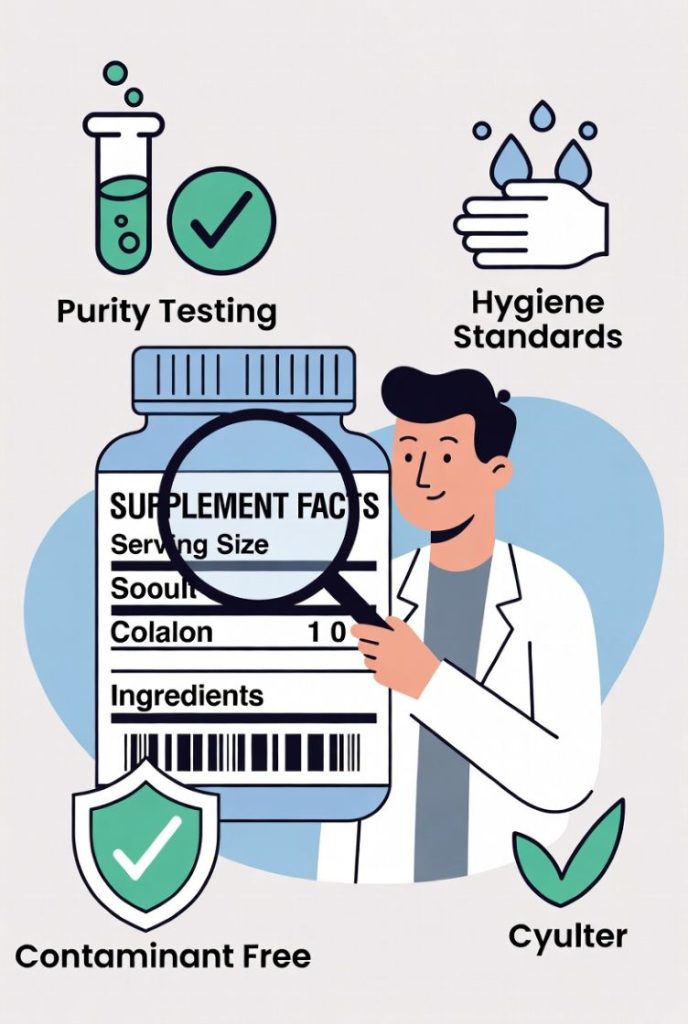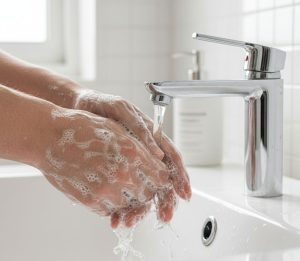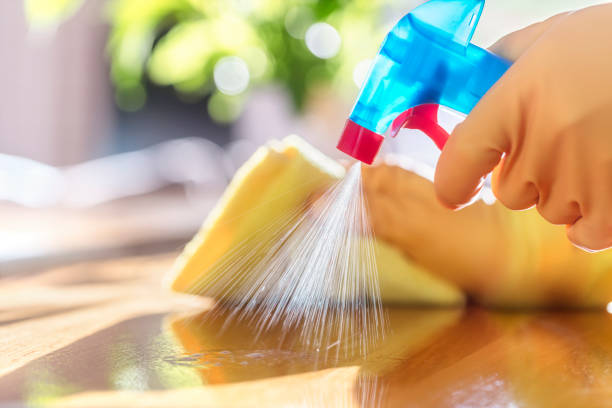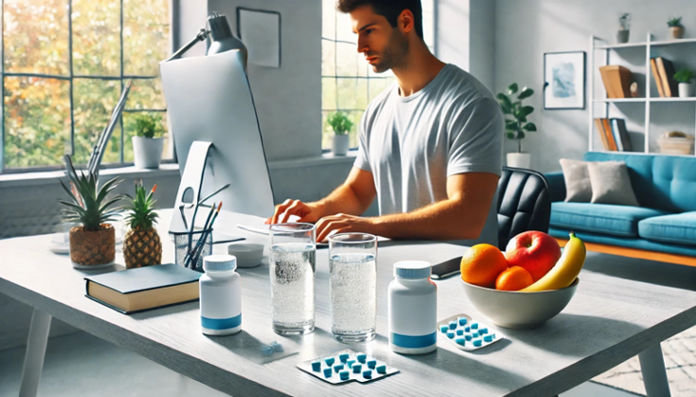
The supplement industry continues to grow rapidly, yet quality remains a top priority. According to the FDA, rigorous oversight helps ensure dietary supplements meet safety standards, and many trusted brands go even further with independent testing to deliver reliable products.
Supplements line store shelves and online shops, offering support for muscle growth, energy, and overall performance. When chosen wisely, they can become valuable additions to a healthy lifestyle. Turkesterone stands out as a popular natural option, and with the right knowledge, readers can confidently select high-quality products that deliver real benefits.
Understanding Turkesterone and Its Growing Appeal
Turkesterone, sourced from plants like Ajuga turkestanica, has gained attention for its potential to support muscle protein synthesis and athletic performance naturally. Unlike synthetic steroids, it works without disrupting hormone balance, making it an appealing choice for fitness enthusiasts seeking clean gains. Early animal research and emerging human feedback highlight promising effects on strength, recovery, and body composition, with many users reporting noticeable improvements when paired with solid training and nutrition.
The Turkesterone market offers plenty of choices, and the best products shine through clear quality standards. Brands that prioritize clean manufacturing and transparency help users enjoy the benefits without unnecessary worries.
How to Choose a High-Quality, Safe Turkesterone Product
Smart shoppers focus on third-party testing as a key indicator of excellence. Certifications from respected organizations like NSF International and USP provide independent assurance. NSF conducts thorough checks for purity, potency, contaminants, and banned substances, while USP verifies accurate labeling and ingredient quality through detailed audits and analysis. A product carrying one of these seals reflects a manufacturer’s commitment to delivering consistent, trustworthy results.
Next, examine the label carefully. A premium Turkesterone supplement clearly states the standardized extract amount, complete ingredient list, and transparent dosing information. No hidden blends or fillers; just straightforward details that make responsible use simple and effective.
Hygiene and manufacturing standards also play a crucial role. Top brands maintain spotless facilities, test raw materials rigorously, and track every batch for traceability. These practices minimize risks and ensure every capsule meets high expectations.
One standout example comes from ForeverNutrition in the UK, where their Turkesterone supplement emphasizes transparency, third-party testing, and clean production methods. Many users appreciate the reliable potency and peace of mind that comes with a product built on these principles.
For more insights on blending supplements into hygienic, clean-eating routines for better results, check out this helpful guide on hygienic approaches to weight loss.
Side Effects, Usage Tips, and Best Results
Turkesterone typically proves gentle on the body. Most people experience no issues, though some note mild digestive comfort when starting or taking it without food. Headaches or lightheadedness appear rarely and usually resolve quickly. Unlike harsher compounds, it avoids common steroid-related concerns such as mood changes or hair issues. Individual responses differ, so beginning with a modest dose and paying attention to how the body feels remains a sensible approach. Consulting a healthcare professional adds extra reassurance, especially for those new to supplements.
For the best outcomes, Turkesterone works beautifully as a complement to foundational habits: nutrient-rich meals, progressive training, quality sleep, and proper hydration. When these pieces align, many users find it helps push performance and recovery to the next level.
Making Confident, Positive Choices
Choosing supplements wisely opens the door to safe, effective support. By seeking third-party certifications, reading labels thoroughly, and selecting brands dedicated to quality and hygiene, anyone can enjoy the advantages with confidence. Turkesterone from reputable sources like ForeverNutrition offers an exciting natural option for those serious about their fitness journey. With the right product and smart habits, it becomes a helpful ally in reaching personal goals.
Continue reading



 Toothaches, chipped teeth, or broken fillings can happen suddenly, often at the most inconvenient times. Yet, many of these emergencies can be reduced or prevented with good oral hygiene habits and knowing what to do when a crisis strikes. Chicago residents have access to excellent care, but being prepared makes all the difference.
Toothaches, chipped teeth, or broken fillings can happen suddenly, often at the most inconvenient times. Yet, many of these emergencies can be reduced or prevented with good oral hygiene habits and knowing what to do when a crisis strikes. Chicago residents have access to excellent care, but being prepared makes all the difference. You must check the following if you are looking for a trusted dentist in Broadway.
You must check the following if you are looking for a trusted dentist in Broadway. Every tattoo removal session is essentially a controlled injury to the skin. Lasers break down the pigment, and the body works to eliminate it naturally. If the treatment environment is not sterile, harmful bacteria can enter the skin and cause complications. Professional Austin clinics understand this risk and take proactive steps to prevent it.
Every tattoo removal session is essentially a controlled injury to the skin. Lasers break down the pigment, and the body works to eliminate it naturally. If the treatment environment is not sterile, harmful bacteria can enter the skin and cause complications. Professional Austin clinics understand this risk and take proactive steps to prevent it.

 Using injectable steroids without proper hygiene increases the risk of infections like cellulitis, abscesses, and even bloodborne illnesses. These infections can stem from contaminated equipment, unsterilized needles, or improper storage of steroids. A thorough understanding of sterile techniques is essential to reduce these risks.
Using injectable steroids without proper hygiene increases the risk of infections like cellulitis, abscesses, and even bloodborne illnesses. These infections can stem from contaminated equipment, unsterilized needles, or improper storage of steroids. A thorough understanding of sterile techniques is essential to reduce these risks. Numerous nutrients, some of which are good for you and others of which you should limit your intake of, are displayed on the label. In a nutshell, here it is:
Numerous nutrients, some of which are good for you and others of which you should limit your intake of, are displayed on the label. In a nutshell, here it is:
















 DAY 1: As much as possible, avoid touching or scratching your scalp, especially the treated area, just right after the treatment. With that, do not wash your hair yet.
DAY 1: As much as possible, avoid touching or scratching your scalp, especially the treated area, just right after the treatment. With that, do not wash your hair yet.